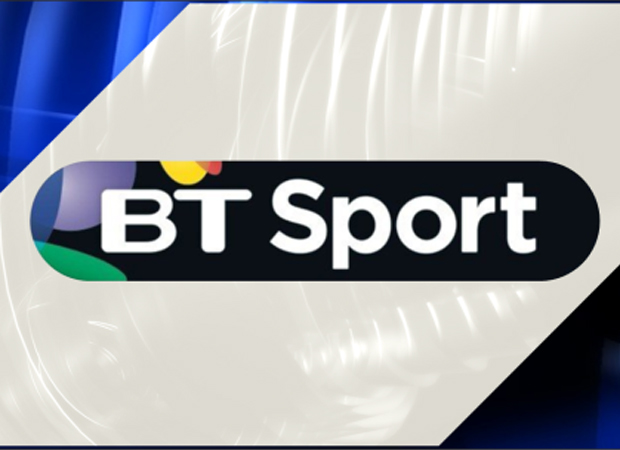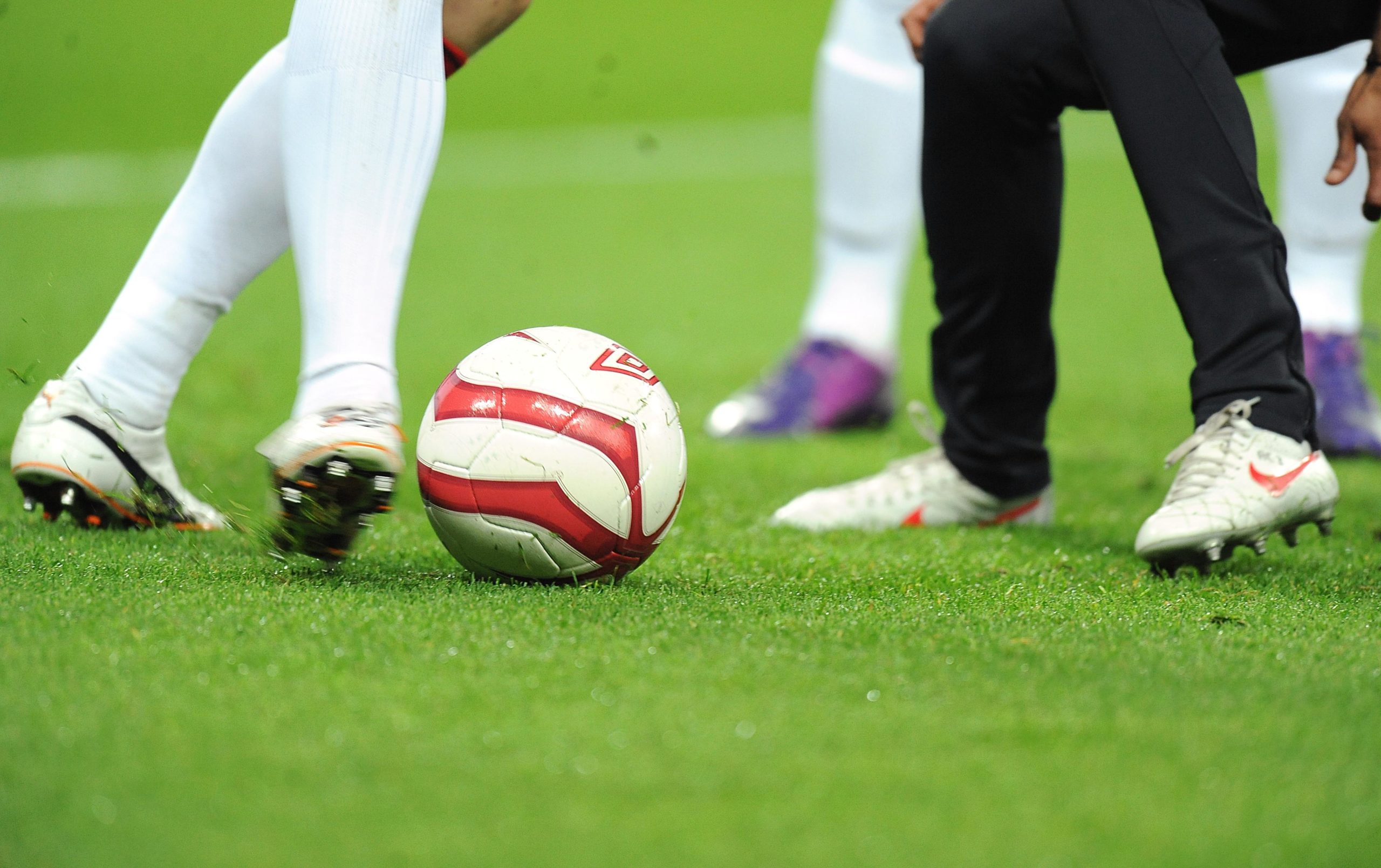
Have you ever had intense training for a couple of hours only to be so sore the following day that you couldn’t get out of bed?
The same may be said with any athlete. Training and resting after an intense football match or training require dedication and commitment. There is no way around being stiff the day after playing your finest game. Because of the strain you put on your body, it is to be expected. Micro-tears and stress, particularly to the muscles, are common physiological responses to prolonged, intensive exercise. Muscles mend themselves and strengthen as a result.
While all of this may be true, there is still no need for you to remain in pain. Recuperation time after a game shouldn’t be excruciating. So how can athletic training aid in recovery and ensure that you won’t need traction the day after a workout?
Recharge Time
Day-after muscular fatigue is mainly caused by lactic acid accumulation. A good cooldown phase, during which you gently use your muscles to assist blood circulation and explicit waste materials, is necessary after a period of challenging football games on the field.
Only around 10 minutes of light stretching is required. Taking a few drops of CBC oil is another easy way to ease muscular tension and discomfort. Since it has muscle-calming and inflammation-reducing effects, it may help eliminate your aches and pains. An effective cooldown routine may significantly less muscle soreness and other adverse effects of playing.
Fuel Up
You’ll be burning up “fuel” like crazy if you go all out while playing. The finish of the game may not leave you with much. This is why replenishing your energy stores after a game is so important.
Your body needs calories, water, and electrolytes to start going again. Eating and drinking quickly after the game may help muscle soreness and recovery the following day. For hydration and electrolyte replacement, try drinking a sports drink (ideally one with lower sugar content) and fueling yourself with a protein shake.
Take An Ice Or Hot Bath
This form of healing has been the subject of considerable debate since. Although some athletes have reported fantastic benefits from using it, others have said it has exacerbated their pain levels.
An ice bath involves submerging oneself for around ten minutes in icy water. This reduces blood flow, which may aid in the elimination of lactic acid and other byproducts of intense physical activity.
Warm baths, on the other hand, cause the blood vessels to widen, resulting in an increased blood flow to the injured tissues, kickstarting the healing process.
Massage
Massages increase blood flow and relaxation and assist the body in producing endorphins, which are wonderful when you’re seeking post-game recovery benefits.
When you receive a thorough massage, you should ensure that the person who does it for you is an expert in the field. The last thing you want is for someone else to genuinely injure a muscle you have just strengthened the previous three hours.
Foam rolling may be an alternative to massage if you don’t have access to one.
Final Words
The key to the best recovery is a smooth-running routine that includes rest and plenty of water. Your body will take a beating from training and games. Nutrition, particularly protein and carbohydrates, is essential in rebuilding muscle tissue. To avoid soreness, setting up a light workout for yourself the day after an intense one is also helpful. This will help to loosen you up and get you back on track for your next game or session.













